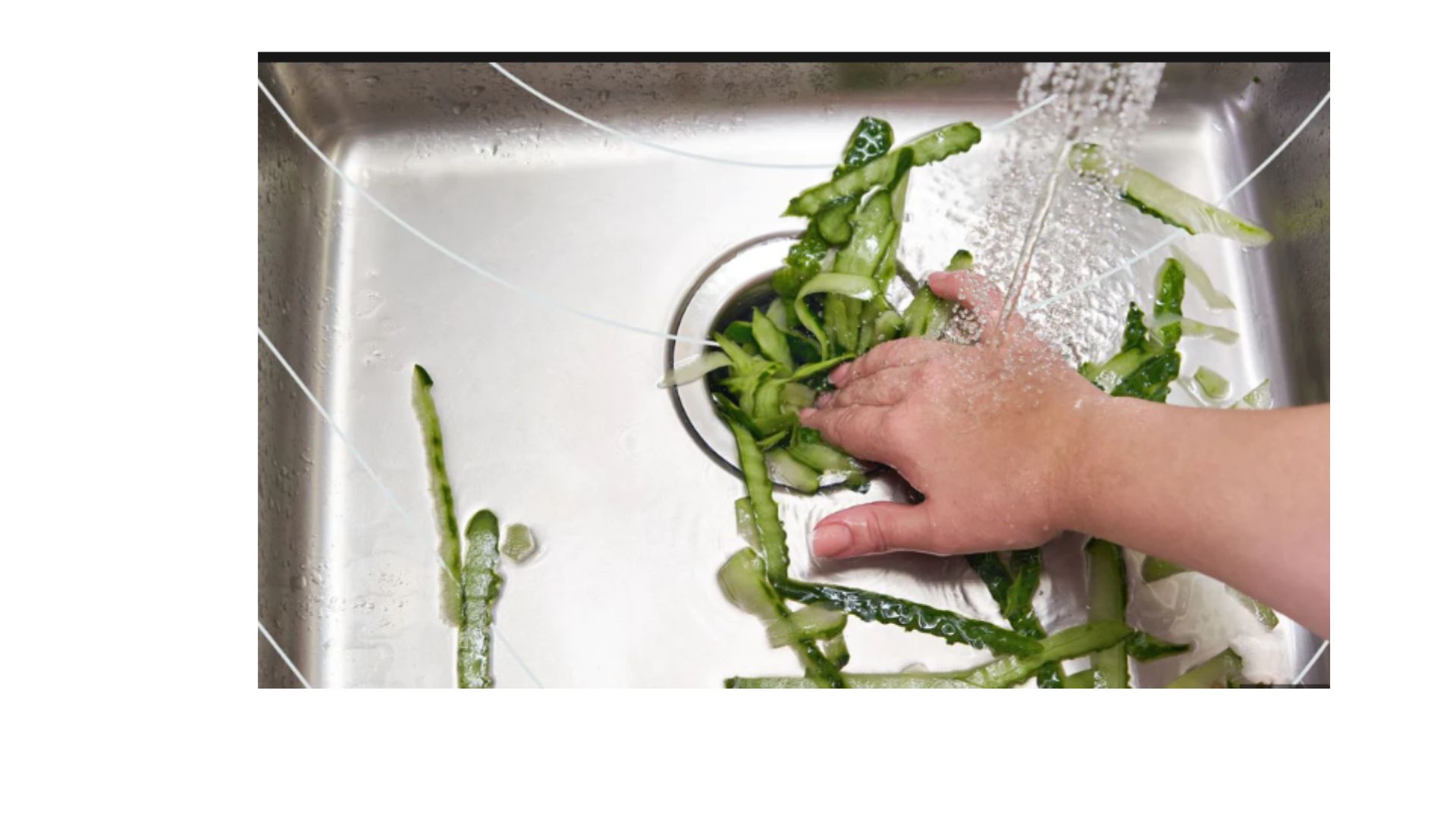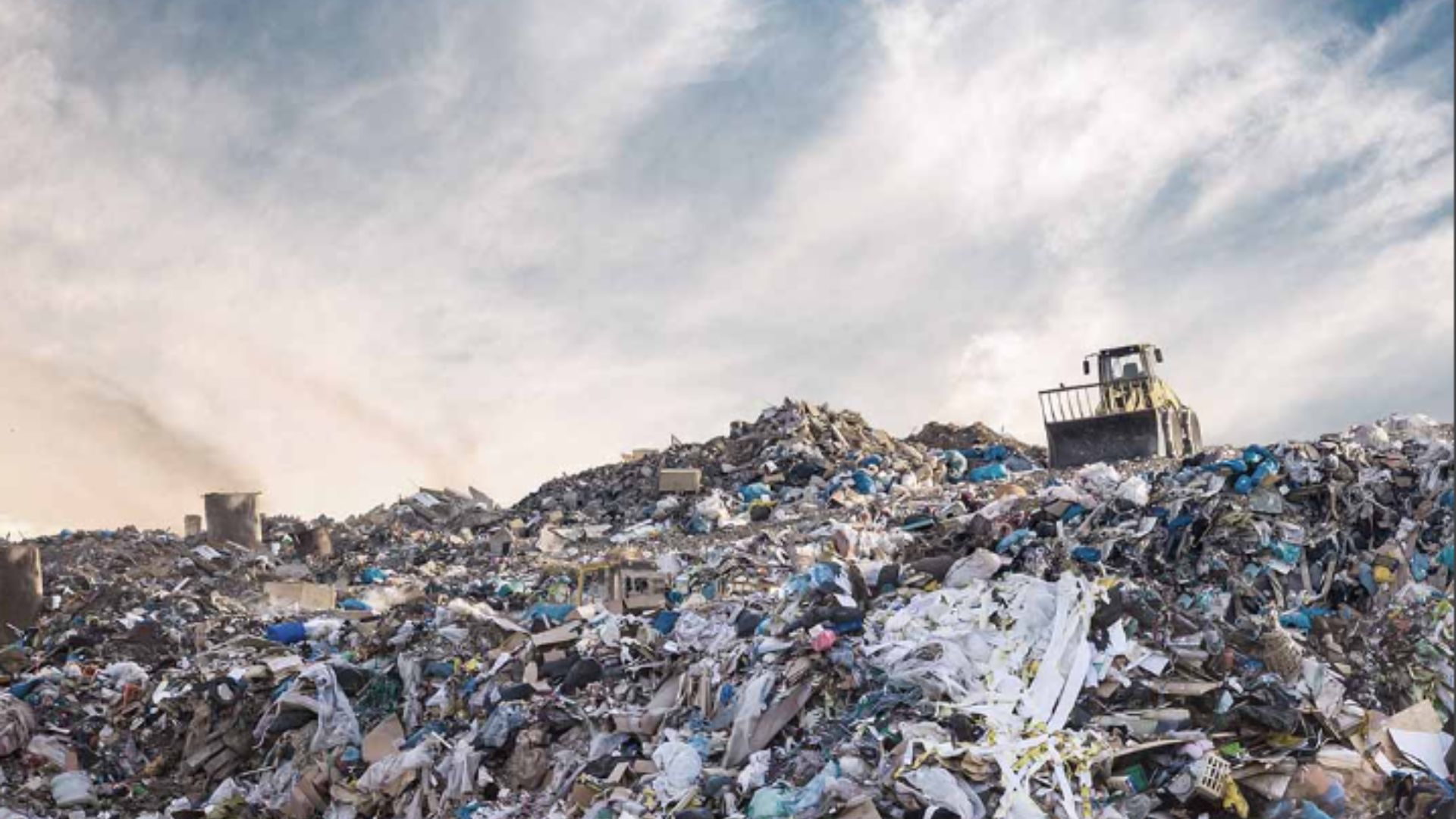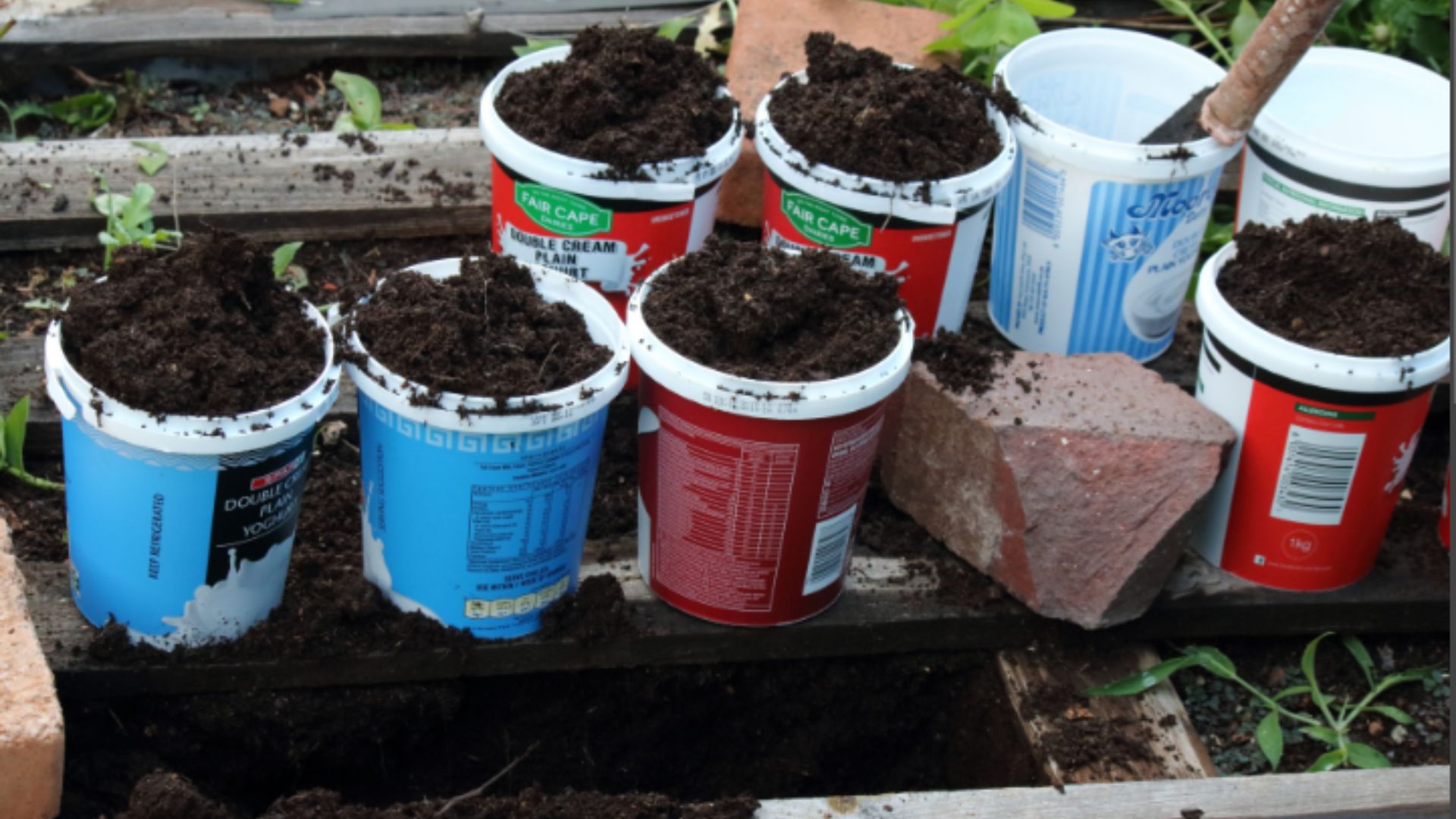Garbage disposals offer a seemingly convenient way to discard food scraps. However, they contribute to landfill waste and strain wastewater treatment systems. This post explores eco-friendly alternatives to garbage disposals, focusing on reducing food waste and embracing sustainable practices like composting. Let’s embark on a journey towards a greener kitchen!

Rethink Food Waste: Prevention is Key
Before considering alternatives to garbage disposals, let’s address the root cause – food waste. Implement strategies to minimize food waste in your kitchen. Plan your meals, create shopping lists based on needs, and store food properly to prevent spoilage. Utilize leftover ingredients creatively, and embrace ‘ugly’ produce that might otherwise be discarded.
Composting: Transforming Scraps into Rich Soil
Composting is a natural process that transforms food scraps and yard waste into nutrient-rich fertilizer. This valuable soil amendment nourishes your plants and reduces reliance on chemical fertilizers. Explore various composting options suitable for your space:
Outdoor Composting Bins:
Set up a simple bin outdoors for composting yard waste and food scraps. Layer brown materials like leaves and shredded paper with green materials like vegetable peels and coffee grounds to create a balanced compost pile.
Vermicomposting: Power of Worms for Urban Kitchens
Vermicomposting, also known as worm composting, is a fantastic option for urban environments. This method utilizes worms, such as red wigglers, to break down food scraps in a contained bin. The resulting worm castings are a potent fertilizer, perfect for houseplants or container gardens.
Bokashi Composting: Fermenting Food Scraps for Faster Results
Bokashi composting offers a faster alternative to traditional composting. This anaerobic process utilizes a special fermentation agent to break down food scraps in an airtight container. The fermented material can then be added to an outdoor compost pile or directly to soil.
Repurpose Scraps: Creative Uses for Food Waste
Certain food scraps hold hidden potential beyond the compost bin. Citrus peels, for example, can be used as natural cleaners or air fresheners. Coffee grounds can be sprinkled around plants to deter pests, while eggshells can be crushed and added to soil for a calcium boost.
Embrace Reusable Alternatives: Reduce Disposables
Reduce the amount of waste generated in the first place. Swap disposable paper towels for washable cloths. Invest in reusable produce bags and avoid single-use plastic wrap. Small changes in your daily routine can significantly reduce your waste footprint.
Donate or Repurpose Used Cooking Oil
Used cooking oil shouldn’t be poured down the drain. Store it in a sealed container and find a responsible disposal solution. Many communities offer collection points for used cooking oil, which can be recycled into biofuels.
Choose Sustainable Cleaning Products
Conventional cleaning products often contain harsh chemicals that end up in waterways. Opt for eco-friendly cleaning solutions made with natural ingredients. You can even create your own cleaning solutions using vinegar, baking soda, and essential oils.
Conclusion: A Sustainable Kitchen Awaits
By embracing eco-friendly alternatives to garbage disposals, we can create a more sustainable kitchen. Composting, reducing food waste, and opting for reusable options all contribute to a greener lifestyle. Remember, small changes in your daily habits can make a significant impact on the environment. Start your journey towards a more sustainable kitchen today!



